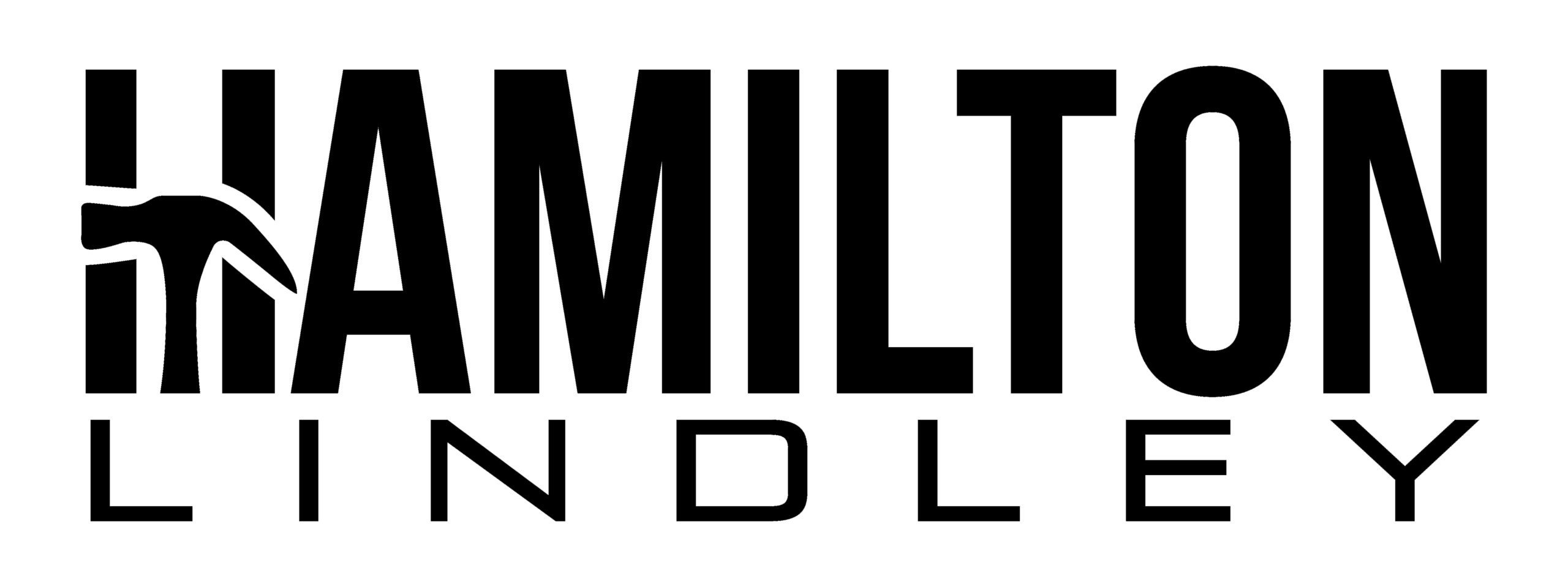No matter what industry, the quality of your management will impact your organization’s success. Use these workplace trends to refine and reinforce your how you hire engage, and retain your talent.
Measure employee happiness
American businesses lose $550 billion a year because employees are not engaged. Studies show that 52% of workers in the United States are not engaged in their work. Nearly 20% are “actively disengaged.” Measure your team’s job satisfaction regularly. If there is an indicator suddenly drops, you can adjust to improve job satisfaction. The Harvard Business Review reports that companies with higher employee happiness have 16% greater profitability. That generates 2.5 times higher revenue because of an 18% increase in productivity. Organizations with higher levels of employee happiness also report 65% reductions in turnover.
Emphasize goal alignment
Goal alignment is an essential planning tool. One new method of goal setting is known as Objectives and Key Results. These quantifiable objectives are measured weekly so that workers can adjust as needed. This goal setting, which is used by tech giants Google and LinkedIn, is part of a new generation of tools to help managers set goals. These provide for connecting these with personal, team, and company objectives and track their progress.
Radically transparent leadership
More than half of workers say that honesty and transparency are essential qualities for a leader. One way to increase transparency is to show your weekly progress, plans, and problems publicly. It gives the whole team an excellent opportunity to see what you’ve been working on and what you have planned next. Leadership requires no ceremony. Instead, leaders must foster trust, honesty, and personal initiative.
Millennials are the largest share of the workforce
Millennials became the largest part of the United States workforce in 2019. Businesses are having a hard time hiring and integrating this generation in routine functions. Companies that incorporate this tech-savvy generation will likely keep innovating at a faster rate. When millennials’ managers show sincere interest in them as people, they see an 8x improvement in agility and a 7x increase in innovation.
Millennials stay an average of two years at a company. But they are more likely to stay if you cultivate terrific company culture.
The gig economy grows
More than 53 million Americans are freelancing in 2020—that is 34% of the workforce. Most workers will be gig workers by 2027. Freelancing offers business access to flexible, cheaper, and skilled talent. Make use of technology to engage this part of the workforce.
Embrace mobile taking over
Managing a team will rely on mobile access. Most workers say that mobile access is vital to their productivity. Studies illustrate that using mobile devices reduces time by 30 minutes.
In a frequently mobile business environment, workers want maximum freedom and minimal rules for scheduling. Organizations resorting to physical work schedules and old-fashioned time-and-attendance tools will face employee dissatisfaction.
We now shop, bank, chat, and primarily lead our lives online. The same is expected of our work.
Frequent performance reviews instead of annual
Feedback must be given more than once a year. When employees are surprised at an annual performance review, it is the manager’s fault. Almost all employees are dissatisfied with their organization’s yearly appraisal system, according to a recent study. That is because it is usually the only feedback. It’s not that employees want less feedback. They want more. Give continuous, real-time feedback that provides tangible results.
Proactive rewards for smart risks
Good managers reward risk. It creates problem-solving employees. You must work against the idea that all associates should play it safe. That thinking stifles innovation. Positive company cultures expect failure. If your workers aren’t failing, they aren’t taking enough chances. They aren’t problem-solving. Encouraging employees to play it safe results in the status quo. Leaders can’t skate by without innovation in the 2020s, and innovative employees won’t tolerate being silenced. Reward risk when a team member takes a smart chance, not just after the results reveal that the experiment worked.
Managing remote workers
Very few people have worked in the office in 2020. Employees will be used to the flexibility afforded to them during the pandemic. Your workers deserve the benefit of the doubt regarding how and when they work. Managers must develop their communication strategies to keep up with teams who no longer view full meeting rooms as necessary.
Even though employees are working from home, they still need time off. Consider a traditional policy here. Unlimited PTO is viewed with suspicion. Studies show that employees take fewer days off with an unlimited policy than a traditional plan. Employees shouldn’t be on call 24/7. Managers should set the example by using all their PTO days and leaving employees alone when they aren’t on the clock.
Eliminate unnecessary hierarchy
The most valuable risk-takers don’t see the point in hierarchy. Leaders who don’t inspire their teams without corner offices don’t deserve their titles. In 2021, that will become even more apparent. Real leaders earn respect because they listen to their team members, provide guidance, and advocate fiercely when the moment calls for action.
